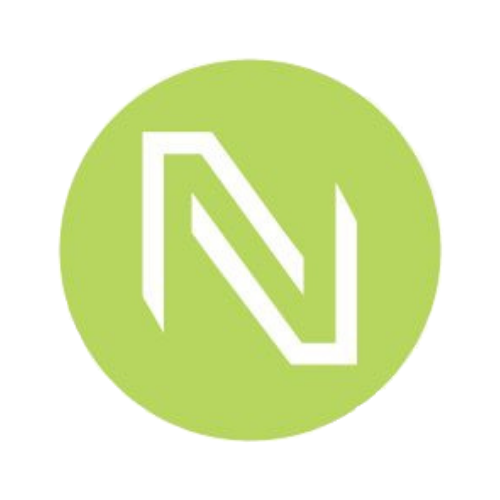Are You Focusing on High Yield Endeavors?
When my younger brother was in medical school, he taught me a phrase that, apparently, all the (med school) kids were saying: high yield! (The exclamation point, along with the energy that it gives the two-word combo, is 100% necessary).
“High yield!” refers to information—delivered in a lecture, PowerPoint slides, or conversation—that is likely to appear on the board exams that the students take at the end of their third year of medical school. Lecture content that was unlikely to be included on the test, on the other hand, is low yield.
For the medical students, the value of knowing whether a piece of information was high or low yield stemmed from the fact that they had far more data to learn than they could possibly hold, and they needed to prioritize what they spent their time comprehending and memorizing. Better to focus on the high yield information as they prepared for their exams and save learning the low yield data until they needed it in their practice of medicine.
To me, the phrase captures two important realities: our lives are saturated (with information, tasks and content to be processed), and we all have limitations (of time, mental space, enthusiasm, or any other number of things). Because we can’t read it all, learn it all, or do it all, it behooves us to devote our interior resources to the material that will have the greatest tangible outcomes.
Of course this isn’t always true. Life’s not a math problem to be solved and we can’t necessarily measure the impact that our actions will generate. Even if we could, who is to say that greater impact is always a higher good? In some cases, it may not be.
But for many things in life, focusing our attention on the high yield endeavors is a good time management and efficiency strategy.
For an example, I used to spend a lot of time writing thoughtful and well-composed emails, deliberating over even the smallest details (should I sign off with “sincerely”? “Regards”? “Best regards”? “Thanks”?), but I eventually realized that no positive end came from my extensive rumination. Sure, grammar, manners and tone matter, but does my precise verb choice or sentence structure reap success in my professional relationships? No. Email composition is low yield.
On the other hand, quickly learning the names of my students, their parents, and even their siblings is high yield. It establishes trust and rapport, demonstrates my care, and serves as a gateway to conversation.
Yield is a useful lens through which to examine all facets of life, from our careers to our housekeeping (my excuse for never cleaning the insides of overhead light fixtures is that it’s about as low yield of a task as I can imagine) to our relationships (taking a walk and having a good conversation is much higher yield for my marriage than watching a movie together).
Consider the yield of your endeavors and brainstorm some changes that could enhance your outcomes. It could add the same “ooomph!” to your productivity that the exclamation point adds to “high yield!”
